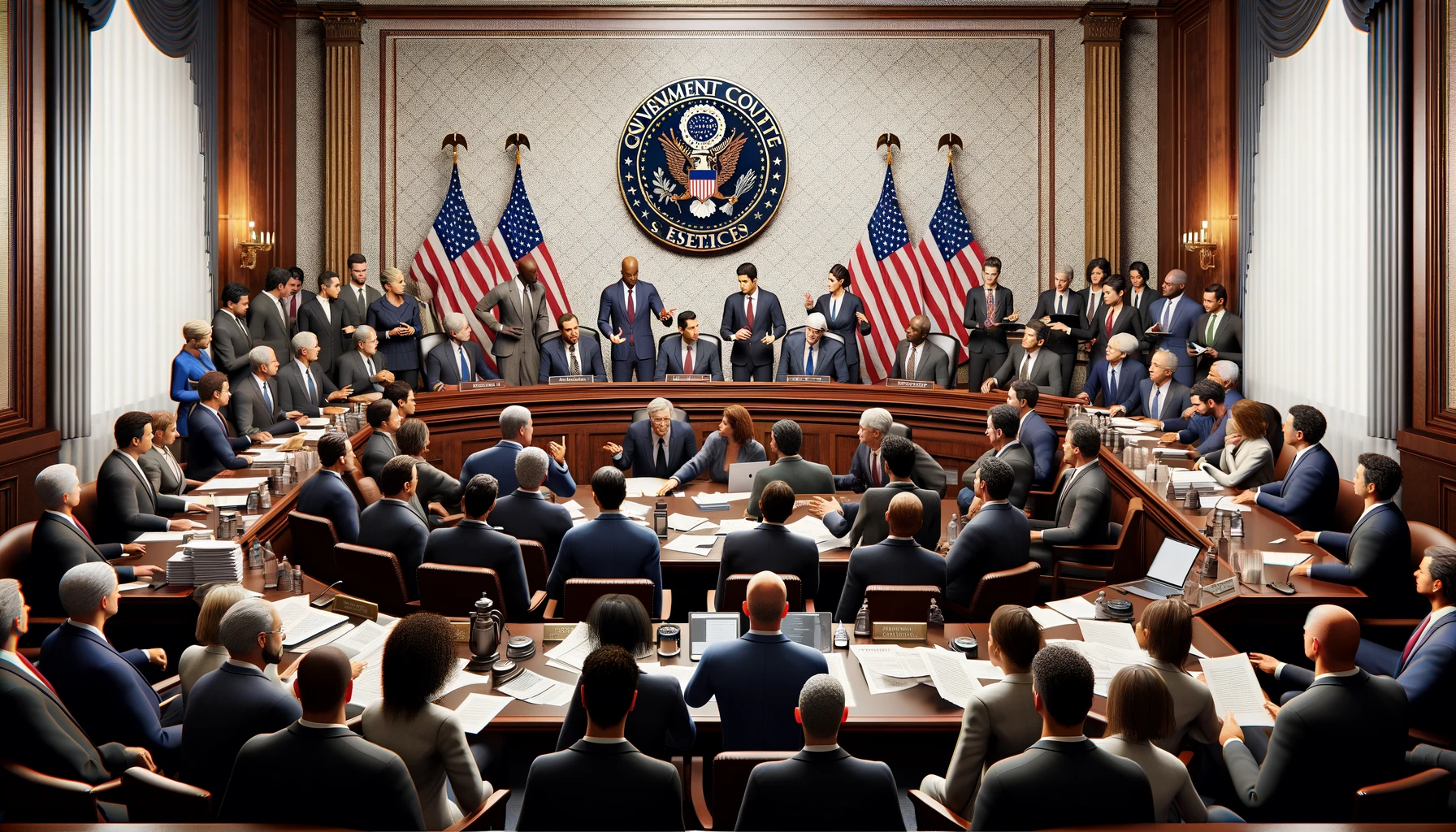In arguably one of the biggest cracks down on tax evasion in U.S. history, the Internal Revenue Service (IRS) has revealed a staggering gross tax gap of at least $688 billion. The figure, resultant from a worrying trend of non-filing, underreporting, and underpaying of taxes by Americans, has thrust the IRS into urgency and regulatory drive in ways never before seen. The substantial leap in the tax gap from previous years portrays a system favoring a handful of the highest earners and giant corporations.
IRS Estimates American Underpayment Caused $688 Billion Tax Gap https://t.co/C4dmg3FnAw pic.twitter.com/FeFMGm6yJz
— Daily Wire News (@DailyWireNews) October 14, 2023
Marking this development as a “significant jump,” the IRS press release on Thursday stipulated a noncompliance rate around 15%. IRS Commissioner Danny Werfel, highlighted an impending application of Inflation Reduction Act (IRA) funds to enhance compliance efforts, pinpointing attention towards higher incomes, wealth, partnerships, and corporations. “These steps are urgent in many ways”, Werfel noted, “including adding more fairness to the tax system, protecting those who pay their taxes, and working to combat the tax gap.”
Illustrating their determination towards reformed compliance, the IRS announced the establishment of a 3,700-member special organization within its Large Business and International (LB&I) Division last month. Groundbreakingly supplemented by an Artificial Intelligence-bolstered detection system, LB&I Division intends to prioritize the wealthy while shifting focus away from working-class taxpayers. The IRS has reiterated their commitment to avoid escalating audit rates for those earning less than $400,000 annually, with intensified safeguarding for those claiming the Earned Income Tax Credit.
A case in point: the battle between the IRS and tech-giant Microsoft, who the IRS has claimed owes $28.9 billion in back taxes for 2004 to 2013, plus penalties and interest. Microsoft robustly defied this determination, arguing it has paid over $67 billion in taxes since 2004 and noting that taxes paid under the Tax Cuts and Jobs Act would decrease the IRS accusation by up to $10 billion.
Noncompliance of only 1% translates to nearly $46 billion in uncollected revenue. Noncompliance of 15%, the figure now being projected by the IRS, totals about $688 billion: a hard pill to swallow for taxpayers who have dutifully met their obligations. 2021 figures showed an increase in owed taxes due to non-filing, which rose from $41 billion in 2017-2019 to $77 billion. Underreporting also swelled from 445 billion in 2017-2019 to $542 billion. Underpayment increased, albeit slightly, from $64 billion to $68 billion.
However, shortfalls in the IRS do not escape acknowledgment, the IRS admitting to a likely undervalued $688 billion estimate. Shortcomings in oversight for pandemic credits, offshore activities, digital assets, and cryptocurrency along with corporate income tax, income from flow-through entities, and illegal activities might mean a larger tax gap than currently projected. It is abundantly clear that a more comprehensive system is necessary to seal up these taxing loopholes.
A process far from completion, the IRS is shifting from providing biennial tax gap estimates to single tax year projections. Prompted by this newfound enormity in tax evasion, detailed scrutiny of tax compliance derived from the most recent completed audits is the new directive.
In conclusion, the tax gap is more than a revenue leak. It reflects an imbalance that skews the rules in favor of the high income and corporations, far from equal freedom. The IRS, in its commitment to “add more fairness to the tax system,” needs to deliver meaningful reforms that target the right groups while protecting the less privileged. This gargantuan task can only be taken head-on with an unprecedented restructuring and retooling of the tax administration system, leveraging sophisticated technologies and a fairer, more inclusive tax code. The economic health and egalitarian viability of the nation may very well depend on it.

















